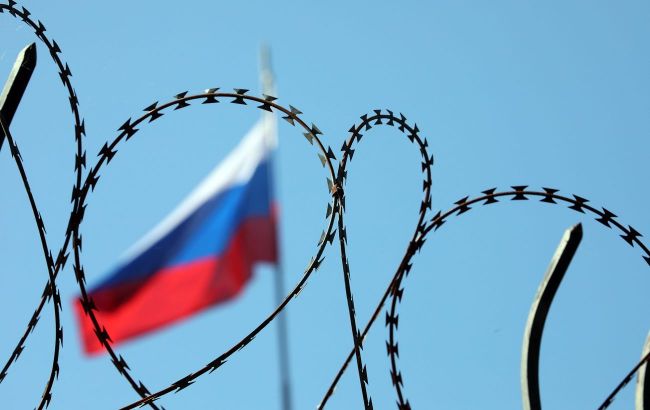Sweden proposes to impose sanctions against Moscow's oil fleet and liquefied gas
 EU to extend sanctions against Moscow (Getty Images)
EU to extend sanctions against Moscow (Getty Images)
The upcoming European Union sanctions package is set to target shadow tanker fleets transporting Russian oil in circumvention of sanctions, along with a ban on liquefied gas, according to Tobias Billström, the Swedish Foreign Minister.
"Adopting the 14th sanctions package is one of the most important things," Billstrom said as he arrived at the meeting. We will see to it that we both include an import ban on liquefied natural gas as well as measures to curb the Russian shadow fleet," said Billström upon arriving at the meeting of EU foreign ministers.
Discussions on the 14th sanctions package are still in the early stages and will not be adopted at the Luxembourg meeting.
As earlier stated by Vice President of the European Commission Valdis Dombrovskis, the sanctions package will encompass a broad range of restrictive measures with a strong focus on combating circumvention, particularly in the maritime sector, as Russia continues to attempt to breach oil export price caps.
Sanctions against oil
The price limit, imposed by the G7 countries, the European Union, and Australia, prohibits the use of Western maritime services such as insurance, labeling, and transportation when tankers transport Russian oil at a price of $60 per barrel or above. This mechanism was introduced following Russia's invasion of Ukraine in February 2022.
Since October, the US has intensified price restrictions through sanctions, including the inclusion of Sovkomflot, the Russian state shipping company, on the sanctions list in February.
The share of Russian gas in EU supplies has increased to about 15%. The share of pipeline gas imports from Gazprom plummeted from 37% to 8.7% after the start of the war.

